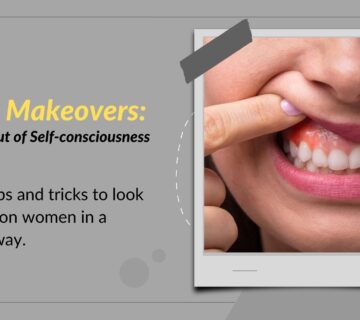IVF has presented a ray of hope for couples who had lost all hopes of conceiving naturally. Although this procedure is a boon for people with infertility issues, it can be a distressing process. To be comfortable about the treatment, you should ask the doctors all your questions and rid away with your doubts prior to the IVF procedure. Ensure that the specialist addresses all your concerns. Here are some important questions that you must ask your IVF doctor while deciding about the treatment:
- How long should the couple try to conceive naturally before trying the IVF method?
The fertility specialist will assess the medical reports and aim to determine the cause for failing to conceive naturally. If there is a medical condition or other problem that can be helped by IVF treatment, the doctor will recommend the procedure. The length of time for which should you try natural conception depends upon the couple’s age, how long have you been already trying, other treatment that have been tried so far, and prior procedure that might have affected the fertility. It is important to inform about all this to your fertility specialist, so that they can guide you in the right direction.
- What tests will I undergo before the IVF treatment?
Before the IVF procedure, the doctors will conduct complete medical examination to make sure your body is healthy enough for the procedure and full-term pregnancy. This will include blood tests to check Haemoglobin, both partners’ blood group, blood glucose level, infections and others. There will be some specific fertility tests for women, such as to check for ovarian reserve, status of ovulation, whether there is PCOS or any other medical condition. For the male partner, semen analysis before the IVF treatment will be done. Other tests might be recommended depending upon the individual situation of the couple.
- What is the IVF cost?
The IVF pricing can vary significantly depending on several individual factors. The price may go up if special tests or procedures that are recommended in addition to the basic process. The IVF treatment cost in India is remarkably lower than compared to the price for the same in other countries, such as the USA, UK, Germany, Singapore and several others. The choice of hospital, location, doctor’ fee and other factors can vary the cost. The final price may also be affected if FET (frozen embryo transfer) or third-party reproduction (egg donor/gestational surrogate) is used.
- Is single parent IVF an option?
This facility is offered by several fertility clinics. Couples as well as individuals wanting to have children can go through this fertility treatment. They may use a third-party reproduction with egg donation or surrogate.
- How many embryos are retrieved and transferred typically?
This will depend mainly on the woman’s age and general health status. The doctor can recommend a single or multiple embryo transfer based on individual’s condition. Although multiple embryos transfer can increase chances of pregnancy for some patients, single embryo is safer for the health of mother as well as baby.
- Can frozen embryos be used in IVF?
The multiple embryos after fertilization can be kept frozen so that they can be used in the later cycles. The non-frozen embryo is transferred shortly after fertilization, but the frozen ones require a few additional weeks before transfer.
- What is IVF with egg donation?
Egg donation for an IVF procedure has been a very helpful technique for many women who do not have viable eggs themselves. Women who are older or have poor quality eggs may have lesser chances of conceiving through naturally or even with IVF. But if the woman has good embryo conditions to support a pregnancy, eggs from another woman, a donor, can be used for fertilization. After fertilization, the embryo is implanted into the woman who desires to be the parent.
- What are the chances of successful IVF?
The success rates of the IVF will depend on several individual factors. The fertility specialist will discuss the chances of success in your case after evaluating your medical reports and condition. Various factors, such as age, infertility condition, ovarian reserve, quality of sperm, health of the uterus, and others will affect the success in a particular case.
- What are the possible side-effects or complications of an IVF?
As with any medical procedure, IVF treatment may also have side effects. The procedure can be physically demanding for a woman and there is a risk of Ovarian hyper-stimulation syndrome (OHSS) especially for women who suffer from PCOS. Some IVF drugs may also have side effects and the daily injections can become painful for some women.
- What are the things that I can do improve my chances of successful IVF?
Things you can do to improve your chances of success in IVF:
Maintain a healthy lifestyle
Keeping a check on body weight as the BMI should be in the normal range
Reduce your stress levels
Avoid alcohol and smoking




